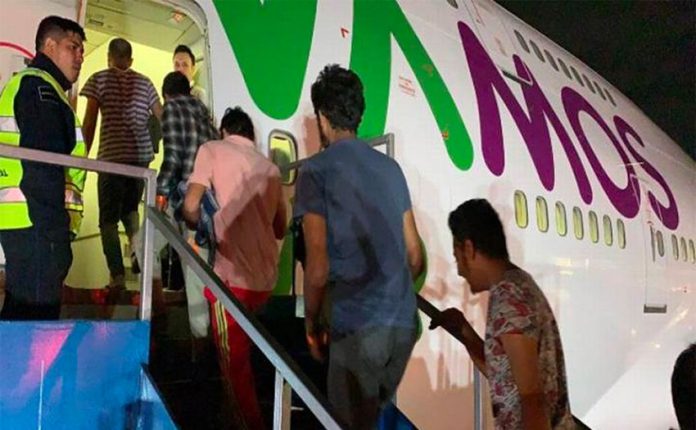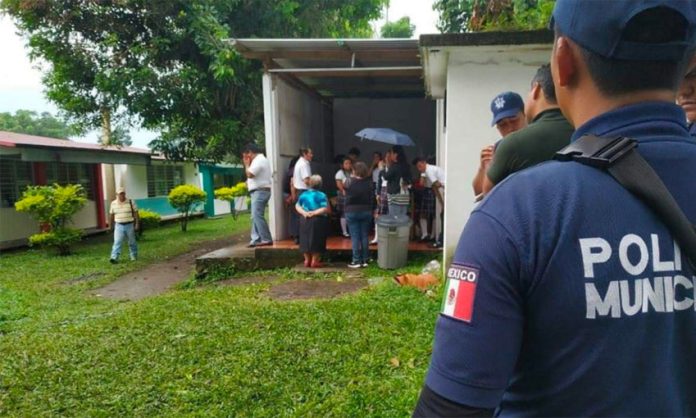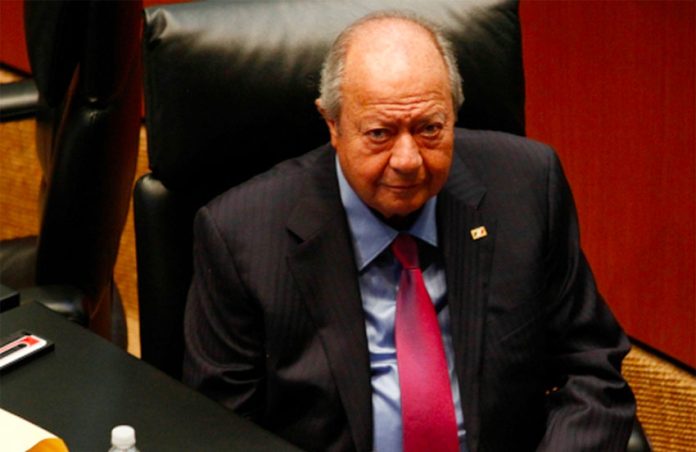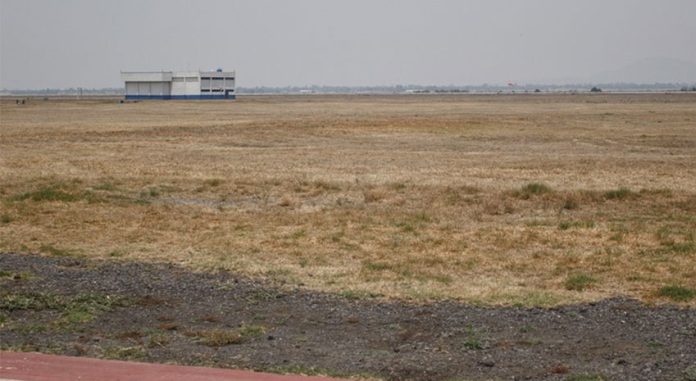I try to hide my apprehension when my daughter begs for “one more dulce.” I’m caught between wanting to give her a treat that she highly values and not wanting to contribute to a lifetime of struggle with food that does quite the opposite of nurturing her.
The endless bags of piñata candy and the ever-present ice cream vendor outside her school every afternoon do not help.
It’s a hard call between wanting her to be healthy and have a body that lets her do whatever she wants to physically and my instinct to say “even if you’re fat later it doesn’t matter because that’s not important.”
But it is important. I could care less what she looks like and what body shape she has — she’ll always be the most beautiful creature I’ve ever seen. But I care very much about how she feels — her health, her vitality, her energy, her confidence.
My own childhood was full of these kinds of treats: some of my most cherished memories are making chocolate chip cookies and birthday cake with my grandmother, going for snow cones or milkshakes with my mother on a hot summer day, stopping at Wendy’s with my dad and sister on the way back from a long trip. Food so often offers emotional sustenance as much as it does physical.
Mexico is a leading country when it comes to obesity of the general population and childhood obesity here is increasing with no end in sight. In 2016, Mexico was classified as the most obese/overweight country in the world, though to be fair, this classification depends on how it’s measured and can fluctuate as a result.
The World Obesity Federation counts obesity as a medical condition; the fact that it’s a true epidemic speaks to something going on beyond simply unwise food decisions and weak wills. This, I think, is a hard pill for a lot of people to swallow, as one’s weight is usually seen as a personal choice (or more likely, a personal failure).
But if education is not enough — most of us certainly know what we should eat — then what exactly is going on here?
In Mexico as in other developing and developed countries around the world, we’ve got a perfect storm of factors.
A big part of the issue is, of course, availability. Junk food is ubiquitous and cheap, and U.S.-style fat and sugar combinations that push our evolutionary buttons with terrifying precision are cheap, available and acceptable. No celebration is a real celebration without Coca-Cola.
I often hear people say “oh my, look at this stomach — I’ve got to lay off the tacos!” but I suspect that laying off the sugar-filled sodas would do much more good than ceasing to eat what’s essentially meat and tortilla with fresh ingredient-filled salsas.
We also know that Mexico was recently classified as the number one country in the world for workplace stress. Most of our schoolchildren are not in the workforce (at least not officially), but the fact that their parents must work long hours, usually away from home, has a ripple effect in many ways: children must be “contained” in some place safe, usually indoors where they don’t get natural exercise through play.
When their parents get home, it’s difficult to whip up a delicious and nutritious home-cooked meal for everyone.
Screen time can happen indoors, doesn’t require constant supervision of adults who likely don’t have time for it anyway, it’s entertaining and it’s safe. With crime and insecurity up in much of Mexico it’s not surprising that parents would rather have their children safe inside, even if that means less exercise.
Mexico’s gender-based division of labor, while not always great for women, traditionally kept people healthy: for several meals a day filled with fresh and healthy ingredients, someone who is responsible for mostly just that is usually necessary.
As more women now enter the workforce outside the home — for many, because they want to, but for many others out of necessity — the kitchen is becoming an emptier space than it traditionally has been.
Home-cooked food is good and good for us, but it takes time, and it usually requires someone to be at home actually preparing it.
While natural ingredients in Mexico are very affordable, junk food, especially since the onset of North American free trade, is also increasingly affordable and available. Unfortunately, we’re biologically programmed to go after sugar and fat. While genetics plays a role in our susceptibility to addiction to these types of food (roughly a third of the population is not very susceptible at all, another third moderately so and another third extremely susceptible — see the work of Dr. Susan Pierce Thomson for more on this subject), their availability and acceptance seals the deal.
As obesity expert James Hill, says, “Our bodies are well adapted for enduring famines, for getting the most out of each calorie. We are not built for abundance.”
We still have those cravings, but we’re in no danger of starving. The fact that it’s possible to be both overweight and malnourished is one of the saddest unintended consequences of the wide availability of cheap, processed food.
So what can we do to help the situation, especially for children?
Nutritious meals served at school and extensive physical education programs are a start, but we need to go beyond that. School cannot be the only time that children get physical activity: we need safe outdoor spaces, gyms, and recreation centers with trained adults where parents can trust that their children are safe.
Mexico has undoubtedly one of the best culinary traditions in the world. Let’s pass that on to our children as well through special cooking classes so that Mexico’s world-famous cuisine doesn’t fade in the face of pre-packaged cupcakes and chips.
We’ve done a good job at taxing sugary sodas; let’s keep going, and move the food that’s bad for us — that’s bad especially for kids — away from eye level. It’s time to start valuing our health more than we value the market.
We haven’t lost this battle yet, Mexico, but it’s time to fight. We need these programs to be widespread and publicly-funded. Health isn’t something that only the rich and privileged deserve.
Sarah DeVries writes from her home in Xalapa, Veracruz.









